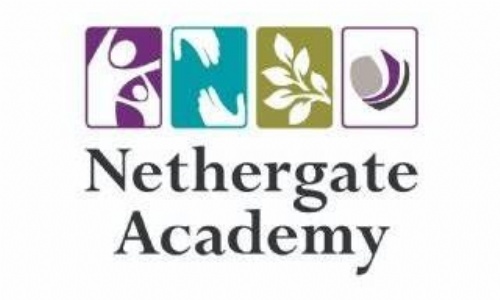
Nethergate Academy, a special school in Clifton for pupils aged 5 to 19, has achieved Autism Accreditation from the National Autistic Society in recognition of the academy’s commitment to understanding autism and setting the standard for autism practice.
The National Autistic Society’s Autism Accreditation Programme is the UK’s only autism-specific quality assurance programme.
The number of pupils admitted to Nethergate Academy with a diagnosis of autism has significantly increased over the last few years. Currently, over 68 per cent of pupils have autism and all pupils have communication difficulties because of their special educational needs and disabilities.
In 2020, the school opened a new building to increase provision for children with autism and, with the extremely high demand, places have filled up in advance of the plan to be fully occupied by September 2025.
After undertaking a pre-assessment phase, the school, which was also rated Outstanding by Ofsted this year, welcomed an external assessor from the National Autistic Society to observe practice, view documentation and have discussions with key people within the school, including pupils.
Key findings from the Autism Accreditation assessment report include:
- ‘Staff have a working knowledge of evidence-informed approaches associated with good autism practice. They can adapt these specialist approaches so that support is personal-centred and tailored to individual abilities, interests, preferences and challenges.’
- ‘Each autistic child and young person develop skills communicating and socially interacting with others. They become more confident in carrying out tasks independently and in being empowered to make their own choices which helps to have a greater control and self-autonomy in their lives.’
- ‘[Pupils] enjoy an increasing range of sensory experiences whilst developing regulation strategies to help them avoid sensory overload.’
- ‘Support enables autistic children and young people to take part in activities which are purposeful and engaging and which promotes their emotional well-being and social inclusion.’
- ‘Proactive and preventative strategies are employed to help each autistic child and young person avoid anxiety or distress and help them understand and regulate their emotions’.
- ‘Across the school, a range of sensory approaches were observed to be used to be support pupils to regulate sensory experiences’.
- ‘Behaviour for learning and engagement in the vast majority of the classes was exemplary due to embedded structure and high expectations.’
- ‘Staff professionalism and strong relationships are a great asset to the school.’
Tracey Ydlibi, Principal at Nethergate Academy, said: “I’m incredibly proud of the whole team for all the work they do to ensure our school is the best it can be for our autistic children and young people. From planning the environment to ensure it is low arousal to our wellbeing team supporting children to participate and learn effectively with minimum anxiety and stress, all our approaches are centred around the pupils in our care. It is fantastic to achieve this accreditation from the National Autistic Society in recognition of our good practice.”
